Potato industry helps Kurdistan Region of Iraq with non-oil income
The Kurdistan Region of Iraq (KRI), which relies heavily on oil revenues, is making significant steps towards income diversification. Potato production is becoming a landmark in this transition. This article explores the blooming potato industry in the KRI and touches upon its production, value chain, export potential, foreign business opportunities and its role in shaping the region's future economy.
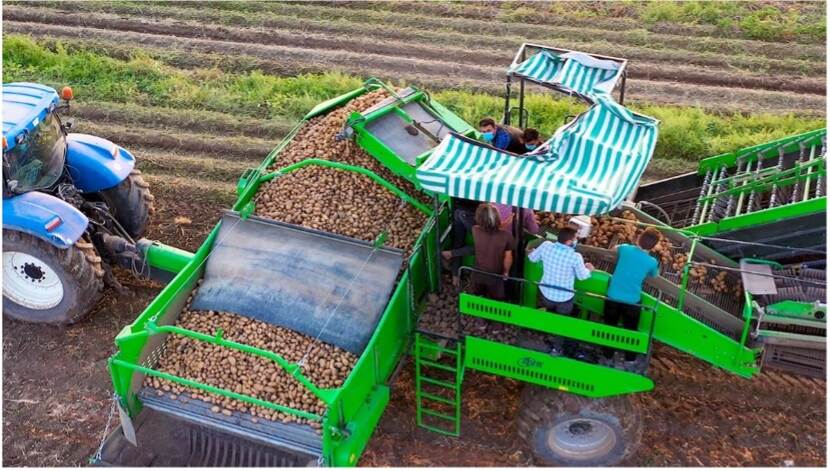
“We are backing Kurdistan’s farmers by investing in dams, technology and access to new markets, ”Prime Minister-Masrour Barzani tweeted
Impressive growth in potato production over the last 14 years
According to the data of the Ministry of Agriculture and Water Resources, the sector has experienced a significant development with a remarkable growth in potato production. Over the span of 14 years, potato production levels increased 50-fold from 12,000 tons to more than 600,000 tons.
“Potato production has increased by 200,000 tons in the past four years to 600,000 tons this year, with revenues estimated at $500 million”, Department of Media and Information.
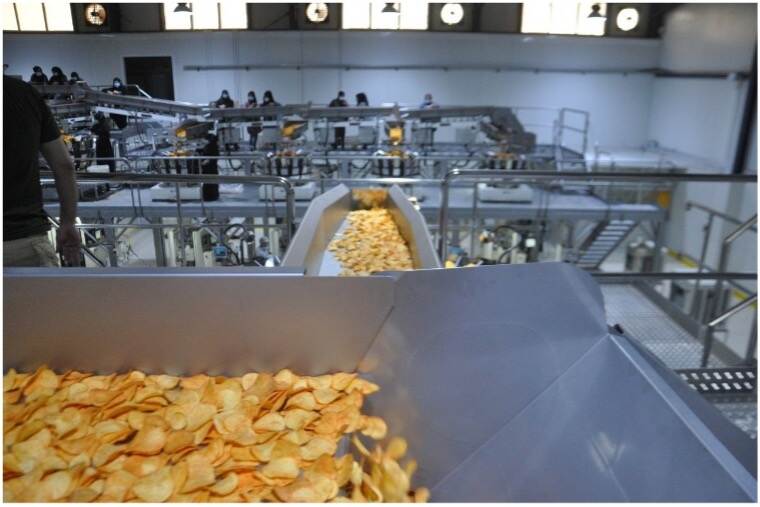
As infrastructure and technology improvements continue, the value chain is becoming more efficient and sustainable
The potato value chain in the KRI is witnessing a significant growth, adding new lines such as processing, cold storage and the adoption of modern farming techniques. While it traditionally prioritized quantity, it has now shifted towards emphasizing quality as well. Kurdish farmers are planting approximately 30 different potato varieties of which 10 are industrial and used for the production of chips and French fries.
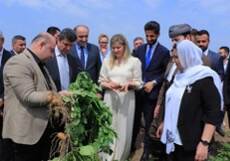
The Dutch public and private sector have played an essential role in advancing the potato value chain in Iraq and the Kurdistan Region. Over time, numerous Public-Private Partnership projects have taken shape with the support of the Netherlands.
These projects have concentrated on enhancing farming skills, adopting Integrated Pest Management practices, introducing water efficient technologies, and developing the value chain by supplying suitable seed varieties according to the environmental conditions. Furthermore, this collaboration has facilitated the establishment of post-harvest facilities like chips and French fries factories and cold storages which are significantly contributing to the development of the potato sub-sector.
Read more in this article: https://www.agroberichtenbuitenland.nl/landeninformatie/irak/nieuws/2021/06/24/potato-facility-inauguration-ceremony-in-erbil
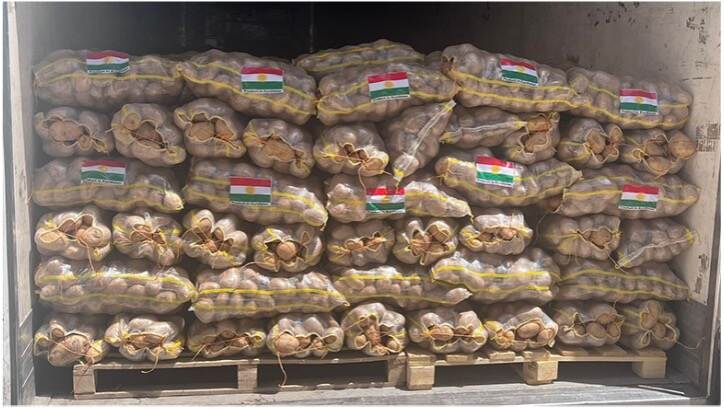
Kurdistan Region of Iraq initiates potato exports to the United Arab Emirates
The government focus on diversifying its economy and increasing agricultural GDP has led to the exploration of new markets for its agricultural products as a part of the current policy vision to ensure food sufficiency and advancing agriculture sector.
“Nearly 500 tons of Kurdistan Region potatoes are being exported to the United Arab Emirates on Monday as part of the Kurdistan Regional Government (KRG) efforts to internationally market the local produce,” source: Kurdistan 24
In the context of supporting farmers, The Kurdistan Regional Government (KRG) has recently started a nationwide training program aimed at providing essential farming skills to Kurdish farmers. This initiative is part of the government's strategy to enhance the agricultural sector.
“Starting today, we are launching the Farmer's National Training Program. Kurdistani farmers will gain vital skills in farm management, irrigation, and packaging,” KRG tweeted
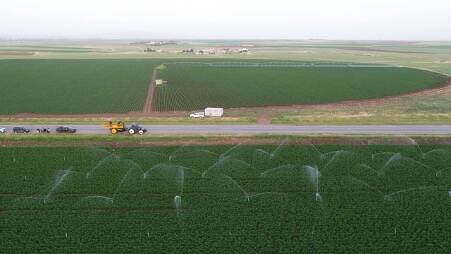
Foreign business opportunities
The developing potato sector in Iraq presents foreign investors with a promising opportunity. As the sector develops and demand increases for table and processed potato products, foreign companies can help enhance cultivation practices, introduce advanced technologies and establish post-harvest facilities. This not only benefits the developing potato sector to ensure food security, but it also contributes to creating job opportunities and transferring modern technologies to the country.
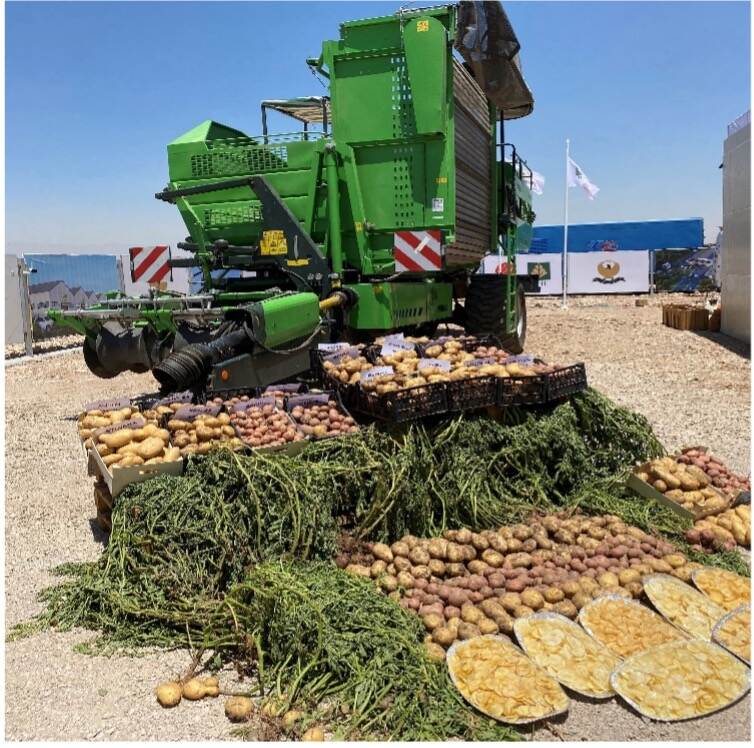
Current trends and future outlook
Nowadays, the potato sector in KRI is visibly progressing. The local government policies of economic diversification through the boosting of the agricultural sector and supporting the private sector have played a vital role in this development. Since the sector continues to expand, it is likely to further contribute to the region's non-oil income. The success story of potato industry in Kurdistan region is also expected to promote further diversification into other agricultural sub sectors like horticulture, dairy and poultry which will result in a more resilient and balanced economy for the Kurdistan Region. Moreover, this diversification through private sector activities and agriculture products will provide a better business environment for foreign companies and offers them the chance to be a part of this massive change.